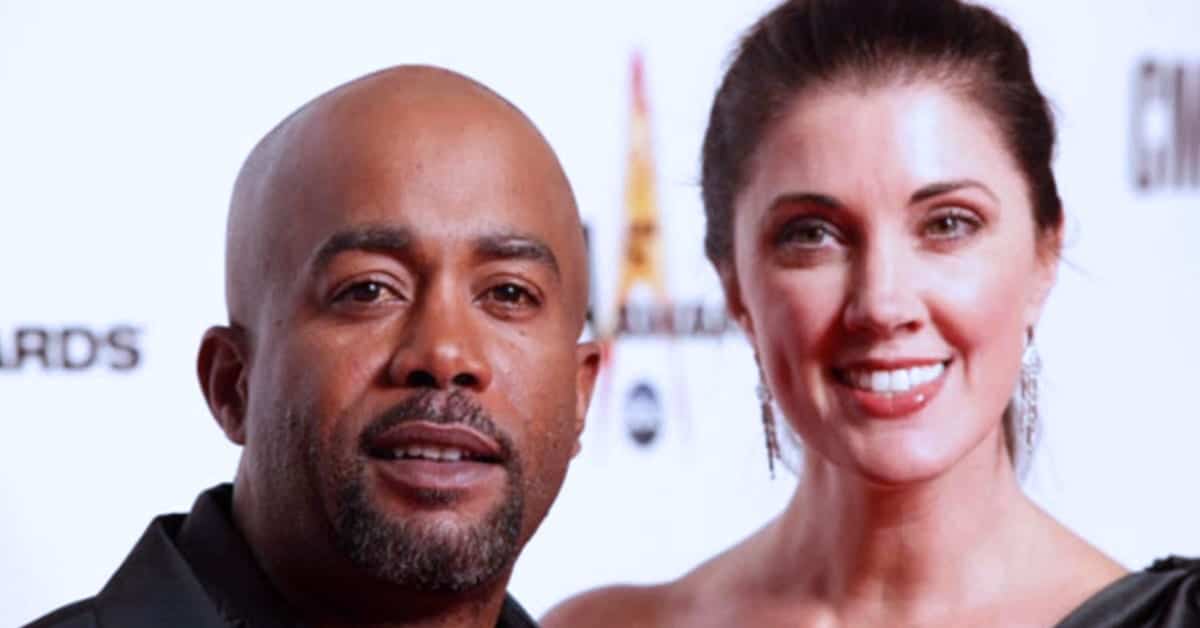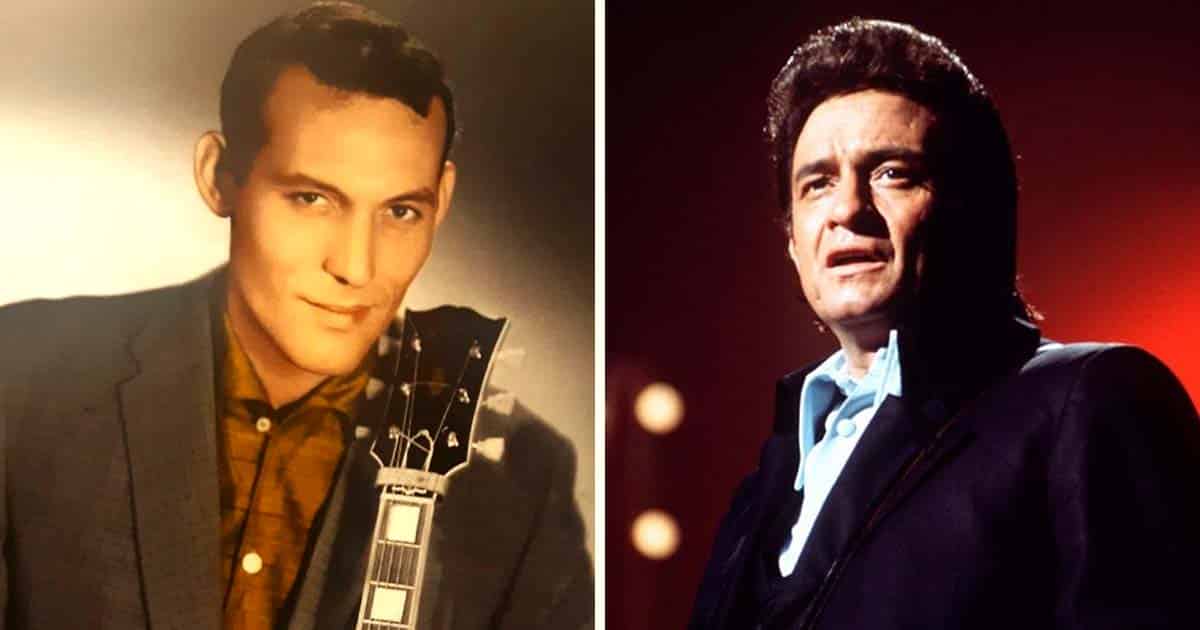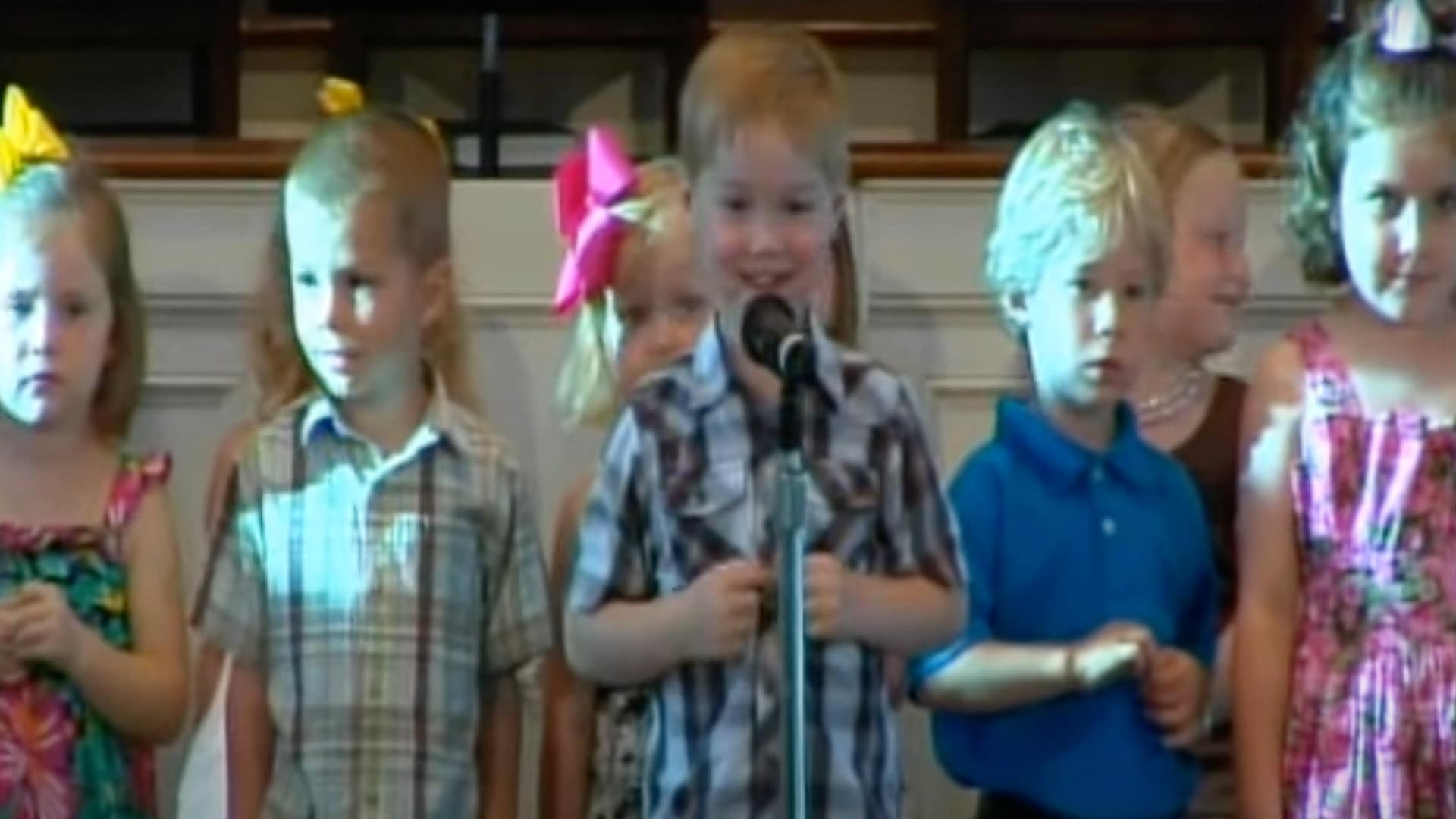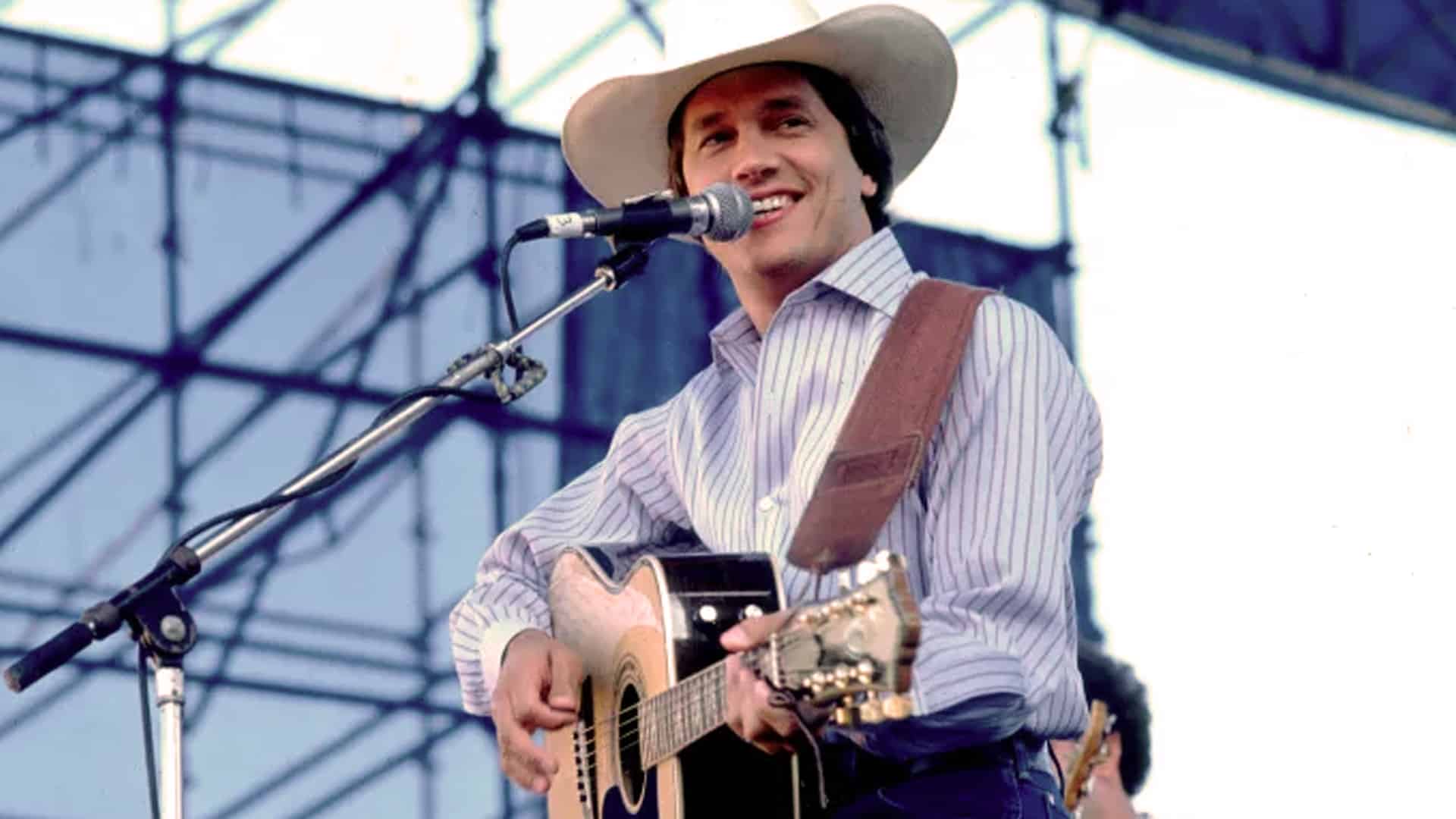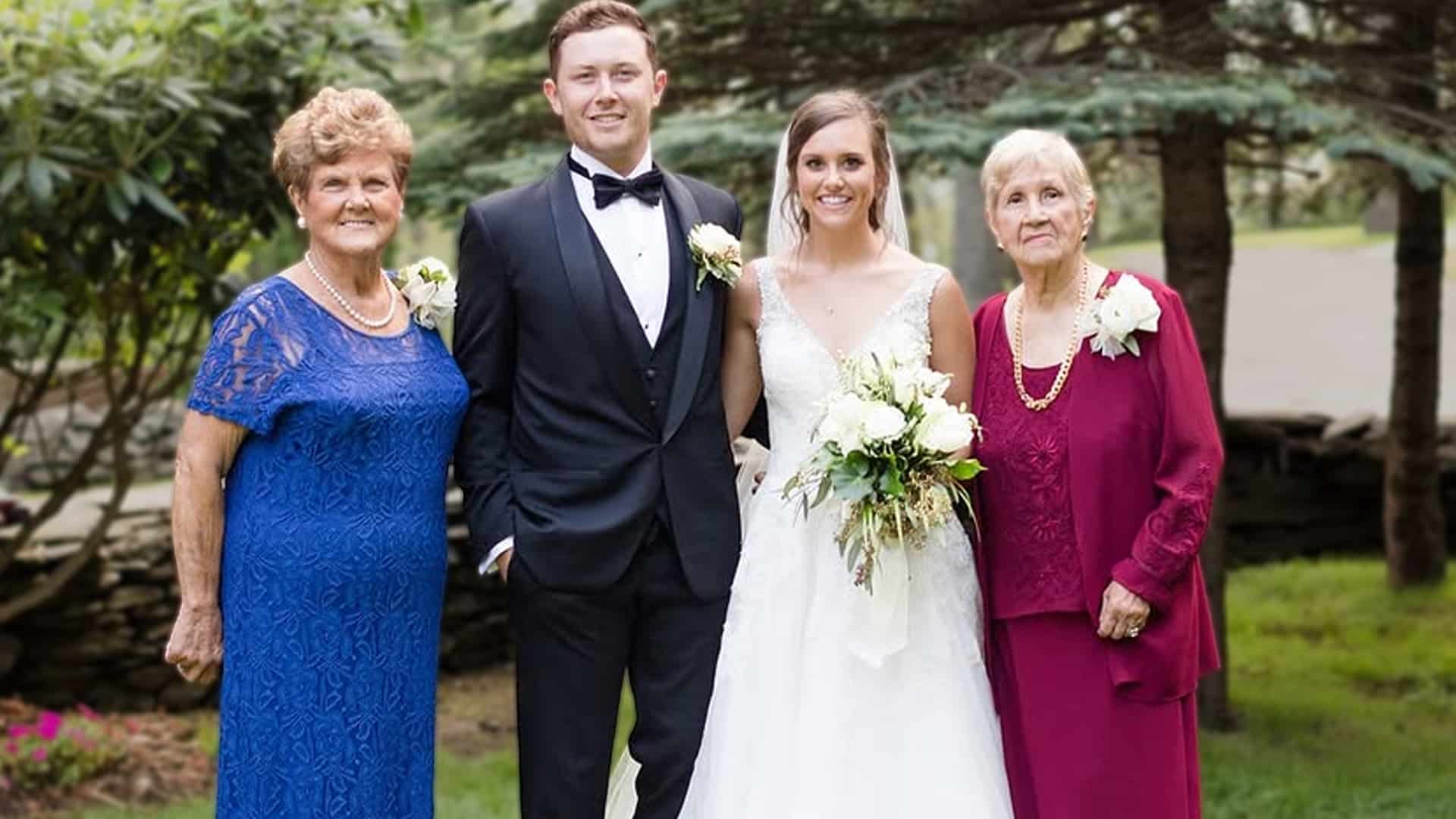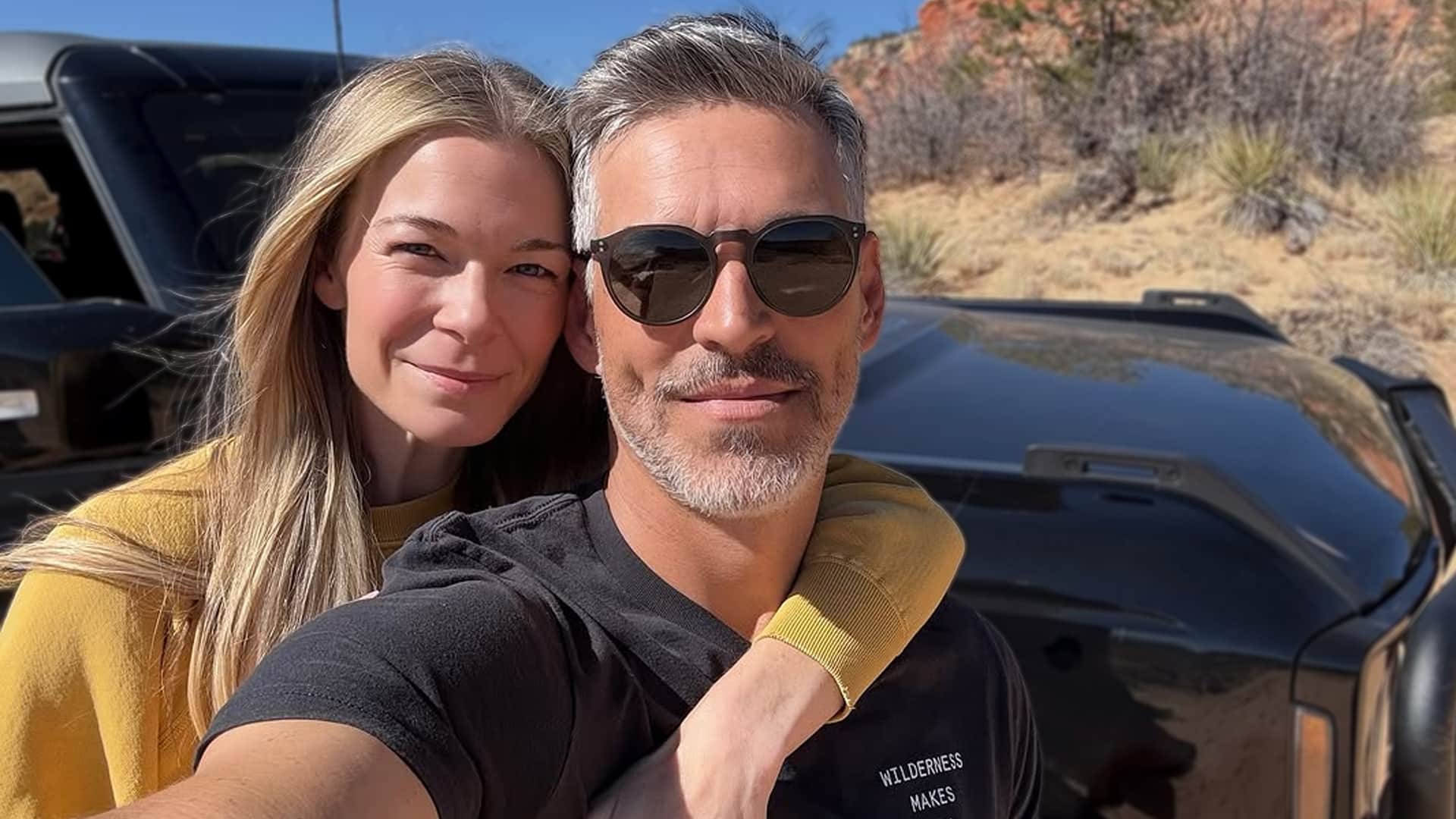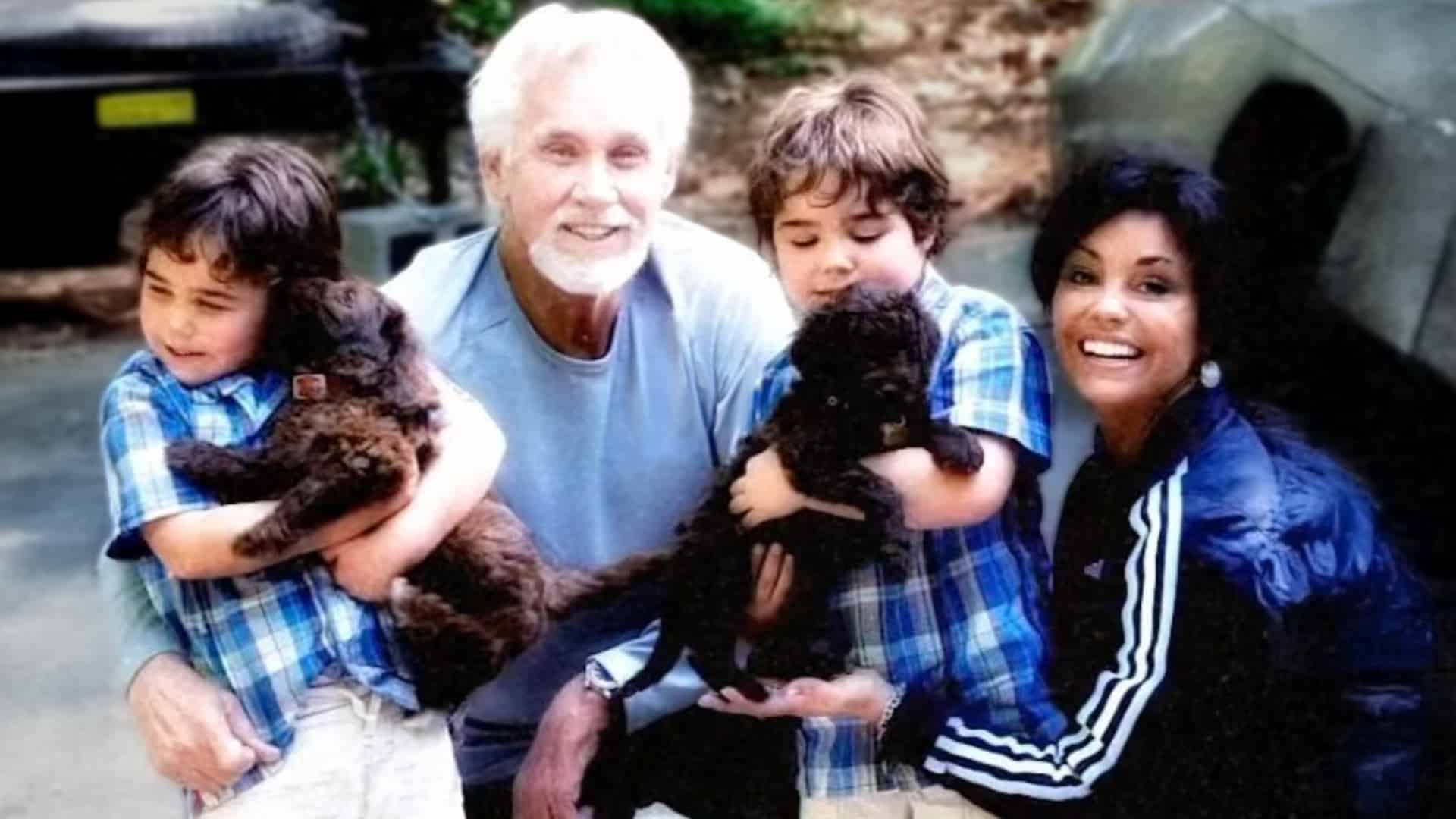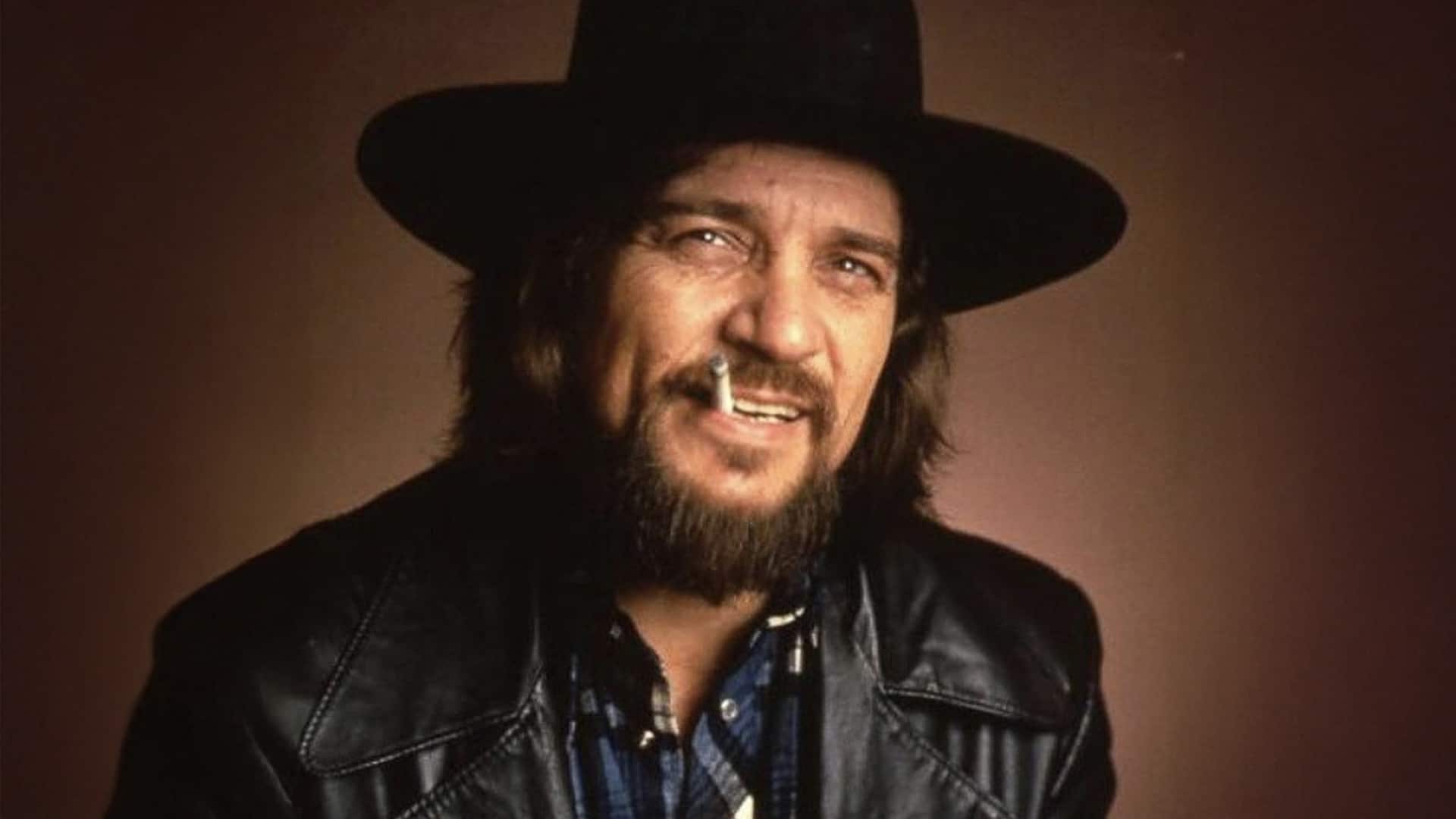John Prine, a country singer who had a string of hits, has a story that you will only often see in movies. From being your regular mailman to becoming an underground sensation and finally, to being a hit-music maker and most celebrated singer-songwriter of his generation. Did you know that John Prine has eight Grammy nominations and three trophies under his belt?
Prine’s one-of-a-kind ‘Cinderella story’ of how his career got started, which has spanned almost 50 years, will truly be an inspiration to all the budding artists out there.
John Prine’s Early Years
John Prine was born on October 10, 1946, in Maywood, Illinois to William Mason Prine and Verna Valentine Hamm, who had moved from Kentucky to get away from the mining life. His father was a tool-and-die maker, while his mother was a homemaker. Though they may not be living a luxurious life, what he has was a music-loving family
When John Prine turned 14, he began learning to play the guitar from his older brother while taking inspiration from his grandfather, who had played with Merle Travis, one of the earliest legends of modern American music.
“My oldest brother, Dave, taught me three chords on the guitar when I was about 14. He was teaching himself to play fiddle and needed someone to play rhythm for him. I believe I wrote my first songs in that first year after I learned to play,” Prine said.
At a young age, he would even sit in the closet, in the dark, to see if he could still play just in case he gets blind. Can you see the determination right there? He also started writing songs but what’s funny was that Prine doesn’t know that he’s a songwriter.
“I didn’t know I was a songwriter at first. I learned how to play the guitar from my older brother, and he taught me three chords and gave me a Carter Family record. I was into rock n’ roll but my brother gave me a Carter Family and an Elizabeth Cotten record. He was into folk music. So I learned to play my guitar from those two records and what my brother taught me,” Prine shared in his interview with Billboard.
Despite his love of music, Prine did not have much hope with his innate talent. Prine has no plans to spend his life on stage. He wrote songs as his pastime or to impress girls, played them, forgot about them, and then wrote others.
“As soon as I started trying to learn other people’s songs, I would forget the lyrics and so I started making up my own words because it was easier. So that’s what I was doing, just making up my own words for nobody in particular. And once it got pretty comfortable with three chords I learned a couple more and I started writing my own songs at 14. Just to impress girls. I never really thought I had a future in professional songwriting at all. I come from a western suburb of Chicago and I didn’t know anybody who made records.”
“The first time I held down a chord and I didn’t muffle it, well, I just sat there with my ear on the wood even after the sound died, feeling the vibrations,” Prine said on another interview. “I loved singing and I loved playing the guitar, but I didn’t think it sounded at all like people sound when you see them on TV or hear them on records, so I didn’t really put much hope in it,” Prine said.
If you’re wondering if John Prine was able to impress girls, well don’t worry, he said he did. So he graduated high school, he worked for two years with the postal service and was drafted by the U.S. Army and sent outside Stuttgart, Germany where he served as a bulldozer mechanic.
After his Army days were over, he came home and started working again as a Chicago mail carrier for the U.S. Postal Service for five years. His body might be in another place, but he never lost touch with his singing and writing. He made up songs on his route, then practiced them in a little shed. He also frequented Chicago’s folk clubs.
One night, during an open-mic at a local bar called The Fifth Peg, Prine’s destiny caught up with him. Prine got disappointed from a string of talentless amateurs getting up on stage, one after another. He couldn’t keep himself from commenting on their efforts. Until a bystander challenged him to do better.
So John Prine got up and played three songs he’d penned: “Hello In There, “Sam Stone” and “Paradise.” The club’s owner got impressed and offered him a singing job that same night. This has started Prine’s journey. He started writing and composing more songs and soon he was performing around town and garnering a local following.
Before long, Kris Kristofferson saw John Prine perform at Chicago’s Quiet Knight pub, was blown away by the songs. During this time Kris Kristofferson was in huge demand as a songwriter, churning out hit after hit for the likes of Janis Joplin, Waylon Jennings, Jerry Lee Lewis, and Kenny Rogers. He’d also won praise for his own releases, which included the likes of Help Me Make It Through The Night and Me and Bobby McGee.
“It was a Sunday night, 2 in the morning, the chairs were on the tables, the waitresses were counting their tips and I was waiting for my paycheck. And Kris came in with two other people. We got four chairs down and I got on the stage right in front of him and sang about seven songs. And then he bought me a beer and asked if I could get back up there and sing those seven again and anything else I wrote,” Prine recalled in an interview.
Kristofferson helped John Prine land a deal with Atlantic Records. “People give me credit for ‘discovering’ John Prine,” Kristofferson later said. “That’s like saying Columbus discovered America. It was already here.”
The Start of John Prine’s Success
In 1971, Atlantic Records released John Prine’s self-titled album. The album was composed of songs Prine had written and composed like “Illegal Smile”, “Angel from Montgomery”, “Paradise and the “Hello In There”, a song about aging that was later covered by numerous artists. Prine’s album drew wide praise from listeners and critics. He received remarkable support and recognition.
The thing with John Prine is that his songs always have a story behind. “There’s a story behind every one of the songs. That one was about a true story, so many of the other ones would just be inspirational. Like sometimes I’ll take a character I know and I’ll disguise them. I don’t want someone to realize that they’re in the song because they may not like the way the song ends,” Prine said.
For instance, his hit-song Paradise is about his father’s hometown. “My dad sent me an article he cut out of the paper. I remember him telling me they tore town down his hometown, the coal company did, they stripped out the whole area.” John Prine recalled.
“I started writing songs again when I was over in Germany, so I wrote a song about his hometown, which I knew really well because I’d spent some summers there as a kid.”
Prine made three more albums with Atlantic: Diamonds In The Rough (1972), Sweet Revenge (1973), Common Sense (1975) which represented some of the high points of American folk music in the 1970s. He was constantly touring, appearing at clubs, in concert and at festivals all over the nation. The crowds always liked Prine’s relaxed persona and the lyrics he wrote for the common heart. His loyal fan base kept growing.
In 1978, John Prine switched over to Asylum Records and officially left Atlantic Records. “Ahmet Ertegun (co-founder and president of Atlantic Records) wasn’t particularly taking any kind of attention to what I was doing. They had the Stones and Led Zeppelin, and he was always on the road with them, enjoying himself, and I was like, “That’s great, but what am I doing here?” I told him I wanted to leave,” Prine said.
He then released Bruised Orange which has received wide acclaim. In fact, it was named by Time as one of the ten best albums of 1978. Bruised Orange includes songs “If You Don’t Want My Love,” “Fish and Whistle,” and “Sabu Visits the Twin Cities Alone.”
Did you know that even before Prine’s debut in 1971, he was already being dubbed as the next Bob Dylan? Well, the legendary Dylan couldn’t agree more. He promoted Prine’s album by performing alongside him at a New York City concert.
He famously joined Prine onstage during a 1972 residency at the Bitter End. “It was like a dream,” Prine told American Songwriter. “I was a big fan of Bob Dylan early on, and his song ‘The Lonesome Death of Hattie Carroll.’ I modeled ‘Donald and Lydia’ after that song – as far as telling a story and having the chorus be the moral to the story.”
In the 2009 exclusive interview with Dylan with Huffington Post, he said: Prine’s stuff is pure Proustian existentialism. Midwestern mind trips to the nth degree. And he writes beautiful songs. I remember when Kris Kristofferson first brought him on the scene. All that stuff about “Sam Stone” the soldier junky daddy and “Donald and Lydia,” where people make love from ten miles away. Nobody but Prine could write like that.”
The Rise of Oh Boy Records
In the early 1980s, John Prine, out of a record contract and does not have any plans to take up another, he started his own label, the Los Angeles-based Oh Boy Records, with his manager Al Bunetta and their friend Dan Einstein. Prine said he prefers to remain free from the city’s close-knit musical community and thinks he can earn a small profit from sales of records on his own label. He also felt that an established model of the recording industry is exploiting singers and songwriters.
Prine has released four albums with Oh Boy, including Aimless Love in 1984 and well-received German Afternoons in 1986 which gained him a Grammy nomination.
Prine went through a four-year hiatus from recording but came back to the studio much bolder. He released his album The Missing Years in 1992, still with Oh Boy Records. It features Prine’s trademark of observations on human nature. Most of the songs tackle universal feelings of regret, disappointment, frustration, and passion and it has gained sensational reviews. The Missing Years has won Grammy for Best Contemporary Folk Album.
In 2006, he won another Grammy for Best Contemporary Folk Album for his album Fair and Square. Throughout his career, he garnered eight Grammy nominations. In 2015, he won Grammy Hall of Fame too.
His winning streak has continued even until today. In the 2019 Americana Music Association’s annual awards ceremony in Nashville, he took home two major honors. He won album of the year for “The Tree of Forgiveness,” which he released in 2018 after 13 years. “The Tree of Forgiveness” is composed of reflective songs about mortality, love, and family. It is one of the most dearly personal records of Prine’s long career.
“Years ago, Fiona and I used to go to this restaurant about 30 miles from Dublin called the Tree of Idleness. I liked the idea of ‘the Tree of Something’. I thought it was a good name, the Tree of Idleness. That’s a fancy name for being lazy,” Prine said
“So, ‘the Tree of Forgiveness’ was a phrase I came up with about six or seven years ago. I fell in love with that image, and I tried writing a song called The Tree of Forgiveness but it just didn’t go anywhere. I finally crammed it into When I Get to Heaven. It became the name of the bar that the guy opens up in heaven. I had this constant thought about how the toughest thing was forgiveness, and really the toughest thing, for most people, was to forgive themselves. So, I thought, in terms of places you can go where you could tell yourself that you are forgiven, there’d be a bar. And then I thought that if you get to heaven, and all these people that are all such Christians are gonna be there, you’re going to need a drink.”
On the other hand, the song he wrote with Pat McLaughlin, “Summer’s End,” also won as the song of the year. And just this year, he received the Grammy Lifetime Achievement Award.
Prine is absolutely an admired songwriting talent. His songs have been recorded by industry heavyweights such as Bette Midler, Bonnie Raitt, Nanci Griffith, Johnny Cash, Kris Kristofferson, and John Denver. Can you believe that “Paradise” has been recorded by twenty-four different artists and “Angel from Montgomery” by seventeen?
John Prine’s Marriage and His Battle With Cancer
In 1988, at an after-party at Blooms Hotel in Dublin, where Prine was on tour, he met Ireland native Fiona Whelan, whose heritage has led Prine to explore Celtic musical influences. “I was at this bar trying to get a drink, and I was 14 people back,” Prine says.
“I had my guitar with me. I couldn’t get to the front, so I went around to the other side. And there was this Irish actress at the end—she said to me, ‘C’mere, John Prine, there’s someone I want you to meet.’ It was Fiona. Fiona said, ‘I saw you play when I was 17. When will I hear you next?’ And I said, ‘Right now,’ and walked up on stage with her and just started playing. And oh yeah, it was love at first sight.”
Five years later, they moved to Nashville. Soon they had a son, Tommy, and 10 months later, they welcomed their second son, Jack. He also adopted Fiona’s son from a previous marriage, Jody. They married in 1996 and Fiona became his manager.
In 1997 John Prine’s career was interrupted by throat cancer. He was diagnosed with squamous cell carcinoma, with the cancer forming on the right side of his neck. Prine underwent surgery and endured six weeks of radiation therapy.
“When I was going in for that surgery, I had talked to the surgeon and the radiologist. And they had to do a lot of radiation on my throat, right across my vocal chords. And the radiologist was explaining to me – he was going to make a shield for my vocal chords. And I said, have you ever heard me sing?” Prine said.
“I said, if you leave me with something – if I can make a noise, I said, I’ll come out with a voice on the other end, you know? So at least they left with a voice to sing.
After his cancer surgery, many of his fans were afraid that Prine might never sing again. However, a lot of people think Prine’s voice has even improved since the treatment—it’s now a warm, gravelly growl, more in line with his conversational voice
“I think it improved my voice, if anything. I always had a hard time listening to my singing before my surgery. It dropped down lower, and it feels friendlier to me. So I can actually sit in the studio and listen to my singing playback. Before, I’d run the other way,” Prine said.
Unfortunately, in 2013, John Prine was diagnosed with lung cancer, though this is a different form of cancer, unrelated to what I had in 1997. He had to postpone two of his tour dates during that time so he can recuperate from the surgery.
“There’s nothing I hate more than canceling shows. I’ve been diagnosed with non-small cell carcinoma of the lung,” Prine posted on his website “Doctors here in Nashville have caught it early, and it is operable. They see no reason why I won’t fully recover.”
He had part of one lung removed to treat the cancer, and this left him too breathless to sing professionally. He credited a fitness trainer buddy with tailoring a program that made sense to the fitness-resistant singer.
“He had me running up and down our staircase three times,” he told Terry Gross, host of National Public Radio’s program Fresh Air. “Then he’d put a guitar around my neck, and I’d sing three songs without taking a breath. You know, and that was all after losing half a lung.
I didn’t know I could train like that.” It took Prine six months to get back on the road after surgery. Luckily, it paid off.
John Prine, without a doubt, has greatly contributed to the folk genre and he will forever be admired for his ability to elegantly intermingle the humorous and the heartbreaking. His songs have won the respect of Johnny Cash, Kris Kristofferson, Pink Floyd, the Library of Congress and of course, Bob Dylan. John Prine will always be one of the most revered and influential country artists of all time.



